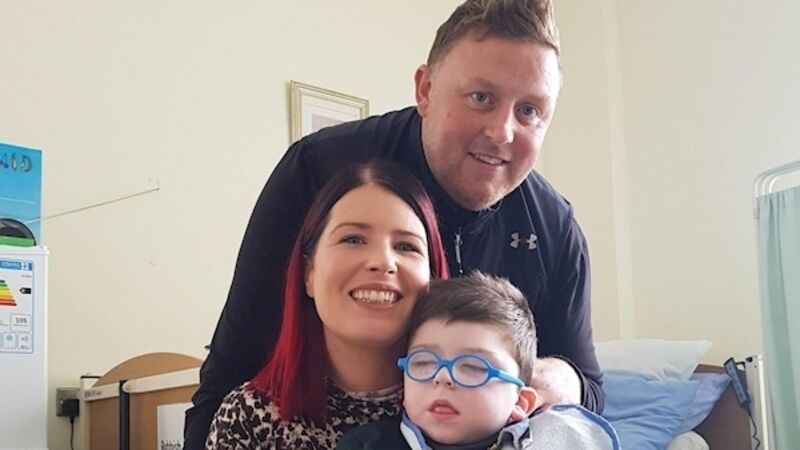Mother has no 'plan B' for disabled child if she contracts Covid-19

The mother of a severely disabled child is scared about becoming ill with Covid-19, because there is no “plan B” for her son’s care.
“I am really worried about what will happen to Fionn, if I become ill,” said Brenda O’Connell Barry, a former recipient of the Cork Carer of the Year award.













